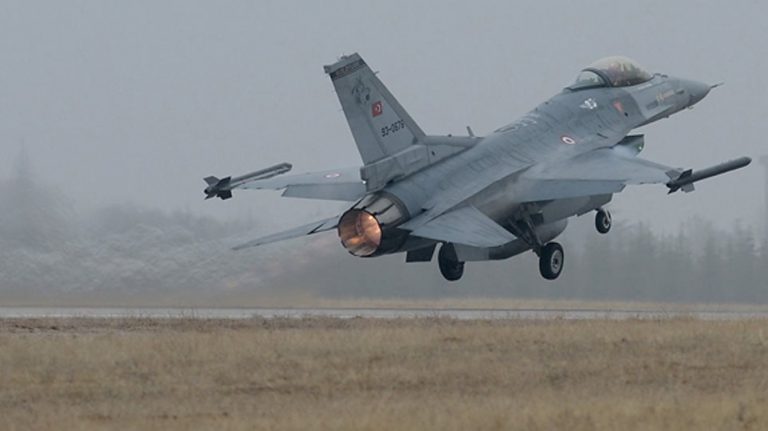Turkey is undergoing extensive upgrades of its fleet of F-16 fighter jets, its air force’s backbone. Such efforts are undoubtedly essential because Ankara is unlikely to procure any fifth-generation replacements for a long time to come.
The head of Turkey’s Presidency of Defense Industries, SSB, Ismail Demir, recently confirmed that Turkey is making structural improvements to improve the lifespan of the oldest F-16s in its fleet, the Block 30 fighters it first began receiving in the late 1980s from the United States.
Demir tweeted that these structural upgrades will substantially extend the life of its these jets from 8,000 flight hours to 12,000. He also said that the project will include “the renovation and revision of 1,200 to 1,500 structural parts per aircraft”.
The Turkish Air Force possesses well over 200 F-16s, from those aged Block 30 versions to the more modern Block 50s. It’s the third-largest operator of F-16s on the planet behind only the United States and Israel and one of only five countries aside from the U.S. that locally manufactures that iconic fighter jet.
Pandemic Causes Historic Decline in Air Passenger Traffic (infographic)
However, sheer necessity and severe procurement shortcomings could see Turkey left with little choice but to maintain these fighter jets for much longer than planned.
The Turkish Air Force had previously sought up to 100 stealthy fifth-generation F-35A Lightning II jet fighters from the United States. These were expected to replace its fleet of aging F-4E Phantom II jets and, probably eventually, some of those older Block 30 F-16s it is upgrading today.
Read more: Forbes
Ask me anything
Explore related questions





